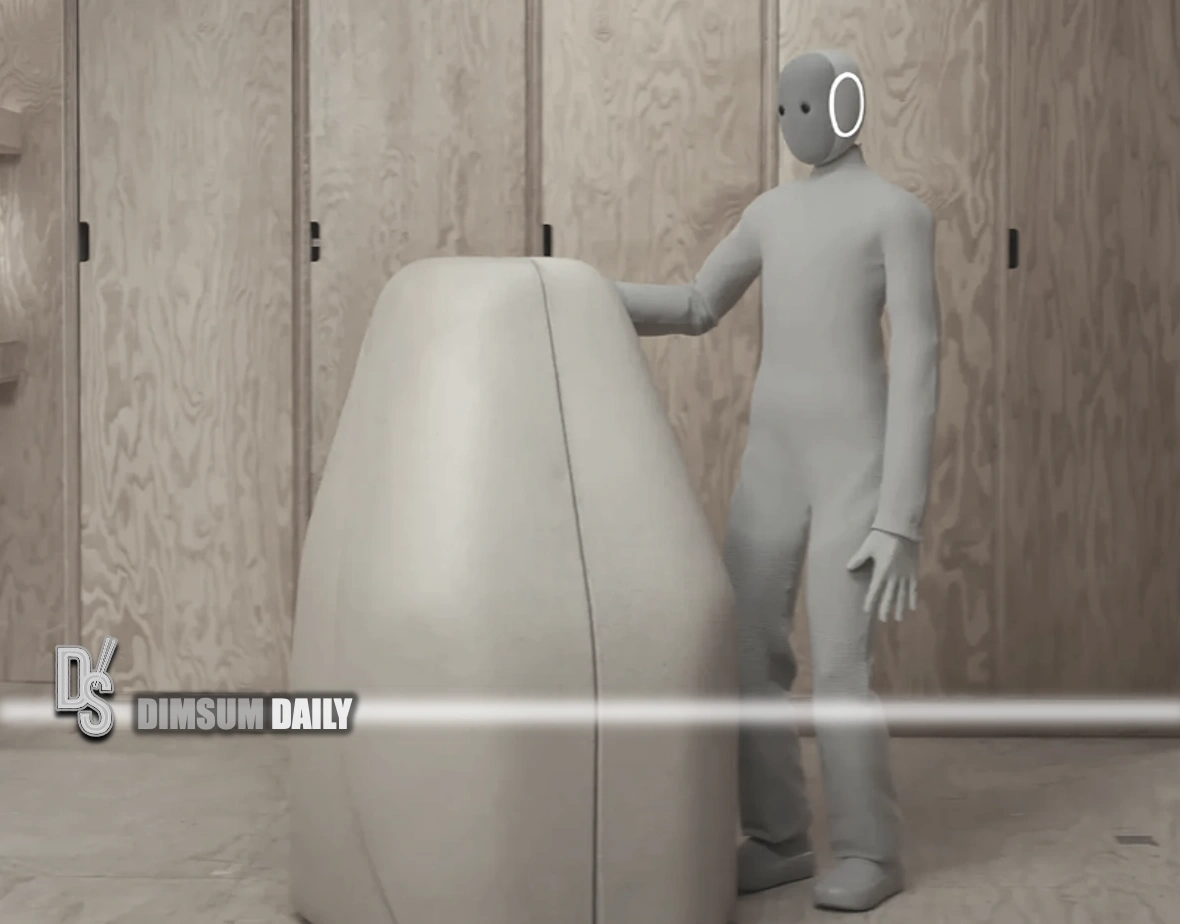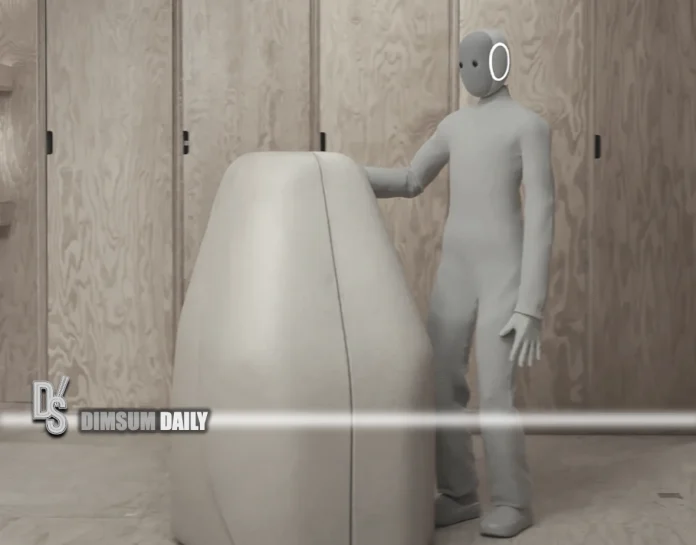1st November 2025 – (Palo Alto) A humanoid household robot powered by artificial intelligence is edging towards consumers, promising to take over routine chores at a premium price — and with notable privacy caveats.
NEO, developed by 1X Technologies, is positioned as a home assistant capable of automating everyday tasks so owners can concentrate on other priorities. Users can assign checklists and schedules, interact by voice or app, and tap the robot for quick information, personalised assistance or casual conversation. The company says the machine is designed for full autonomy, though human oversight remains part of the model at launch.
Pre‑orders are open ahead of an expected 2026 rollout, with early access priced at around US$20,000. A rental option is planned at US$499 per month with a six‑month minimum once shipments begin. The manufacturer targets initial deliveries in the United States next year, widening to additional markets in 2027.
Technical specifications released by 1X describe a 5ft 6in, 66lb unit with up to four hours’ runtime and a payload capacity of roughly 55lb. It can be directed to perform tasks such as watering plants, unloading dishwashers and tidying rooms. However, initial limitations include the lack of cooking capabilities and a chassis that is not fully waterproof — only the hands are designed to withstand moisture.
The most contentious feature is so‑called expert mode, a remote assistance function for complex jobs beyond the robot’s current training. In these sessions, a company operator in the US can supervise and guide the robot using a VR interface, which entails live access to the robot’s camera feed inside a customer’s home. 1X stresses that owners must proactively schedule and authorise each session by voice or via the mobile app, with visible indicators — including colour‑changing “ear rings” — when an operator is active. The firm maintains that users retain control at all times and says data are needed to improve performance, though privacy advocates warn of potential intrusiveness.
Early demonstrations highlight both potential and constraints. Reports note occasional loss of balance and an absence of fully autonomous performance in some live demos, raising questions about safety around children and pets and the extent of on‑device intelligence at launch. The company insists the platform is engineered to be provably safe and will improve over time through software updates and expanded training.


